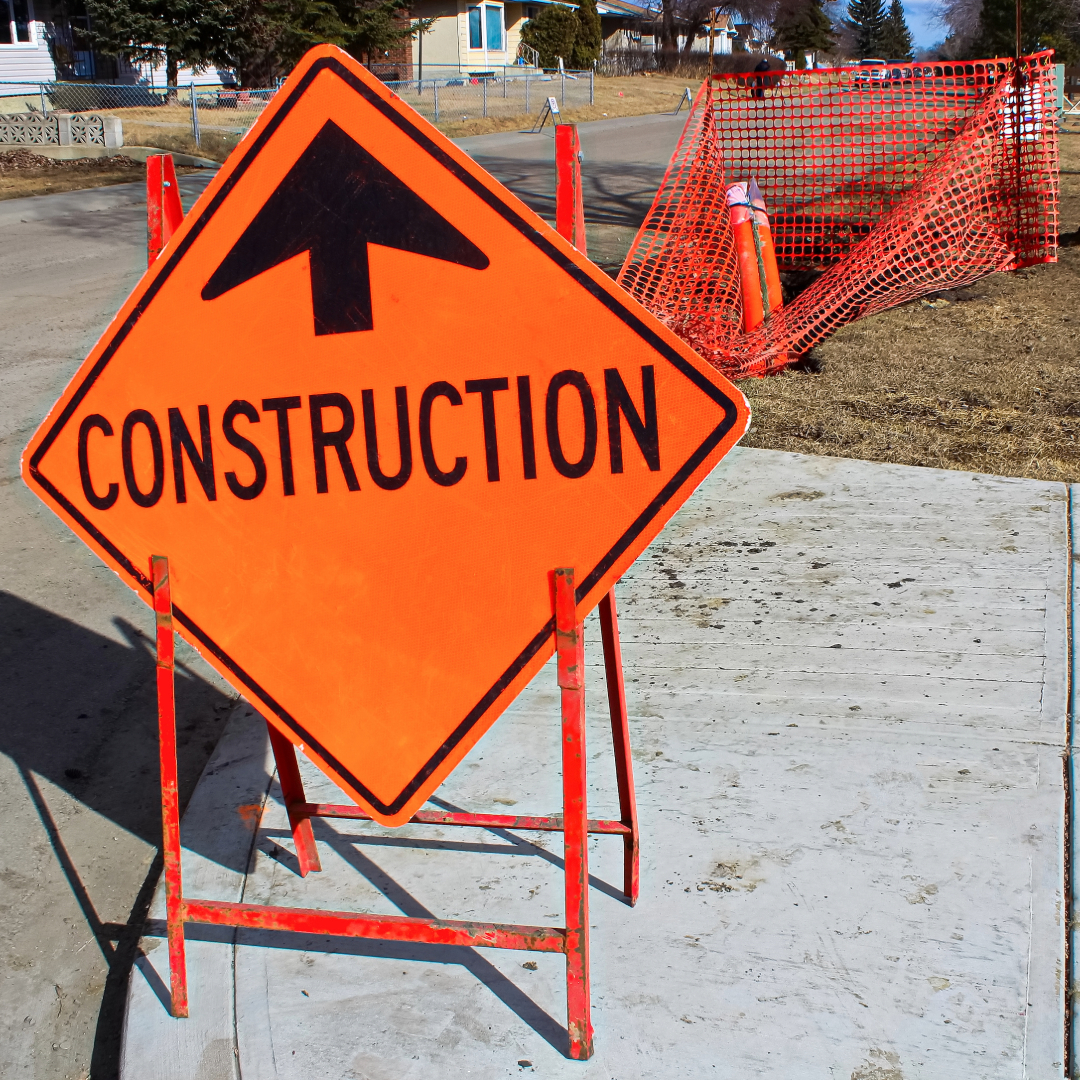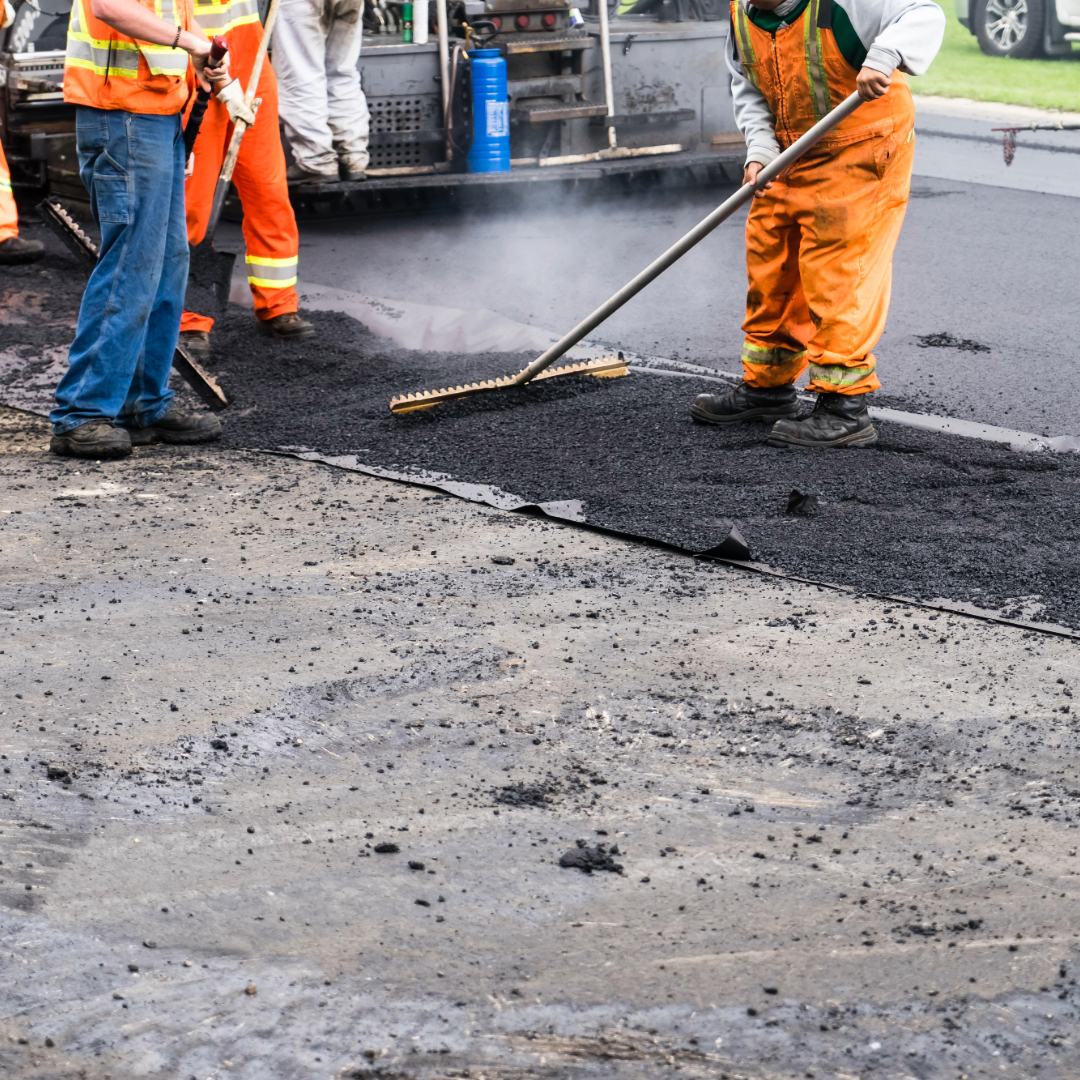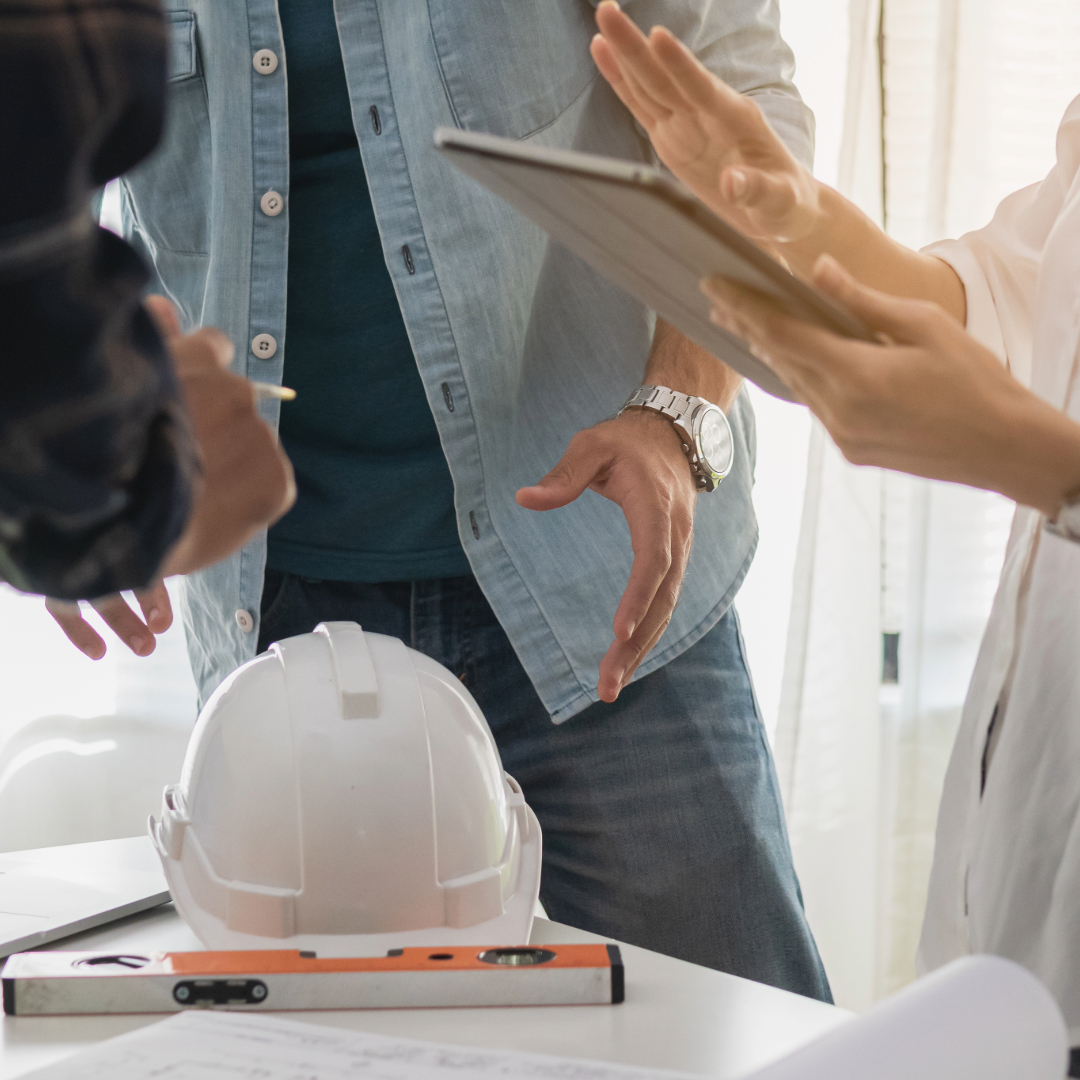Construction projects are complex and involve multiple parties, including contractors, subcontractors, architects, engineers, regulators and owners. With so many moving parts, it's not uncommon for disputes to arise during the construction process. These disputes can lead to delays, increased costs, and even mediation or litigation. In this guide, we'll explore the common types of construction disputes, the role of mediation in resolving these disputes, and the importance of a civil engineering expert witness in construction litigation.
Types of Construction Disputes
Construction disputes can arise at any stage of a project, from the initial planning and design phase to the final completion and handover. Some of the most common types of construction disputes include:
Payment Disputes
Payment disputes are one of the most common types of construction disputes. These disputes typically arise when a contractor or subcontractor is not paid for their work or when there is a disagreement over the amount owed.
Delays and Schedule Disputes
Delays and schedule disputes can occur when a project is not completed on time, causing financial losses for the parties involved. These disputes can arise due to unforeseen circumstances, such as weather delays or material shortages, or due to poor project management.

Defective Work and Design Errors
Defective work and design errors can lead to disputes between the owner and the contractor or subcontractor. These disputes can arise when the work does not meet the agreed-upon specifications or when there are errors in the design that result in additional costs or delays.
Breach of Contract
Breach of contract disputes can occur when one party fails to fulfill their obligations as outlined in the contract. This can include failure to complete the work on time, failure to meet quality standards, or failure to pay for work completed.

Contract Ambiguities
Contract ambiguities not always obvious when all parties sign the contract until they get into the thick of the project. During the bidding process, the estimators and project manager and the owner must ensure they qualify what is not included to avoid future disagreements. Parties may have different reasonable interpretations of what is required and skipping this step can lead to costly disputes.
The Role of Mediation in Construction Disputes
Mediation is a form of alternative dispute resolution (ADR) that involves a neutral third party, known as a mediator, who helps the parties involved in a dispute reach a mutually acceptable resolution. Mediation is often used in construction disputes as it can be a more cost-effective and efficient way to resolve conflicts compared to litigation.

Benefits of Mediation in Construction Disputes
- Cost-effective: Mediation can be significantly less expensive than litigation, as it does not involve court fees or lengthy legal proceedings.
- Time-efficient: Mediation can often be completed in a matter of days or weeks, compared to the months or years it can take for a dispute to be resolved through litigation.
- Confidential: Mediation is a confidential process, which means that the details of the dispute and any settlement reached will not be made public.
- Preserves relationships: Mediation allows the parties involved to work together to find a mutually acceptable resolution, which can help preserve relationships and avoid further conflicts in the future.
The Mediation Process
The mediation process typically involves the following steps:
- Selection of a mediator: The parties involved in the dispute will agree on a mediator, who is typically a neutral third party with experience in construction disputes.
- Opening statements: Each party will have the opportunity to present their side of the dispute to the mediator and the other party.
- Discussion and negotiation: The mediator will facilitate a discussion between the parties, allowing them to express their concerns and work towards a resolution.
- Agreement: If the parties are able to reach a mutually acceptable resolution, a written agreement will be drafted and signed by all parties.

The Importance of a Civil Engineering Expert Witness in Construction Litigation
In these situations, a civil engineering expert witness can play an important role in helping the court or a mediator understand the technical aspects of the dispute.
What is a Civil Engineering Expert Witness?
A civil engineering expert witness is a professional with specialized knowledge and experience in the field of civil engineering who is called upon to provide expert testimony in a legal proceeding. They can provide an unbiased opinion on the technical aspects of a construction dispute and help the court or mediator understand complex engineering concepts.
How Can a Civil Engineering Expert Witness Help in Construction Dispute?
- Provide expert testimony: A civil engineering expert witness can provide testimony or unbiased reports to explain technical concepts and provide their professional opinion on the dispute.
- Review evidence: They can review documents, plans, and other evidence related to the dispute and provide their expert opinion on the matter.
- Conduct site inspections: A civil engineering expert witness can visit the construction site to assess the work and provide their expert opinion on the quality of the work.
- Assist with settlement negotiations: In some cases, a civil engineering expert witness may be able to help the parties reach a settlement by providing their expert opinion on the dispute.
Finding the Right Civil Engineering Expert Witness
When it comes to construction disputes, finding the right civil engineering expert witness is crucial. Here are some tips to help you find the right expert for your case:
- Look for experience: Look for an expert with experience in construction disputes and litigation. They should have a strong understanding of the industry and be able to provide expert testimony in court.
- Check qualifications: Make sure the expert has the necessary qualifications and certifications in civil engineering.
- Consider their communication skills: A good expert witness should be able to explain complex technical concepts in a way that is easy for the court to understand.
- Ask for references: Don't be afraid to ask for references from previous clients or attorneys who have worked with the expert witness before.
The Path Forward
Construction disputes are a common occurrence in the construction industry, but they can be costly and time-consuming if not resolved efficiently. Mediation can be a useful tool in resolving these disputes, and a civil engineering expert witness can play a crucial role in construction disputes. By understanding the different types of construction disputes and the role of mediation and expert witnesses, you can better navigate these complex situations and protect your interests. If you are looking for experienced civil engineering company as an expert witness for construction disputes in Edmonton and across Alberta, be sure to engage with Bolson Engineering and Environmental Services. We will be happy to consult with you as your trusted engineering partner.

